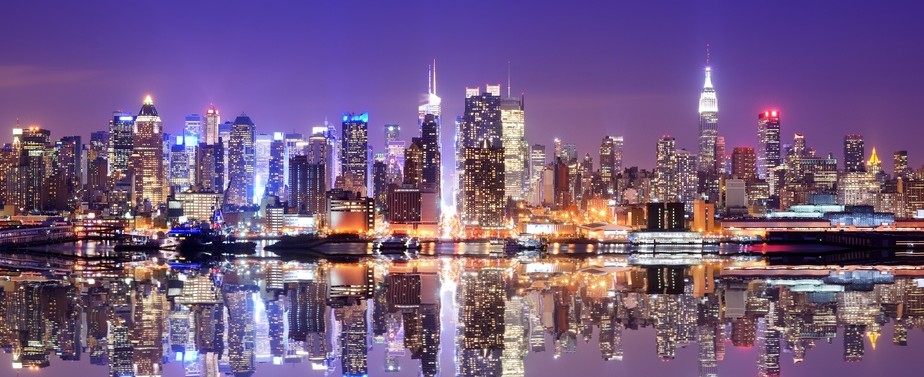While three percent of Americans consider themselves real estate investors and plan to buy property in the next year, few are so lucky to happen upon the former homes of famous people. Currently in Harlem, in the face of rapid gentrification, the non-profit, I, Too, Arts Collective is working to preserve a historic landmark in Harlem, the brownstone and former home of Langston Hughes.
The collective is hoping to raise $150,000 through an IndieGoGo campaign in order to lease the home from the current owner and renovate — so far, the campaign has raised $59,907 in donations.
The leader of the mission, Renee Watson, a children’s book author, told ABC News more about the project, saying, “I wanted to create a space for young people to learn about Langston and his legacy, but also to add on to it.”
The organization aims to preserve the space and restore it back to its original state. But they also want to create a cultural community space where open mic nights, readings, workshops, and intensives can happen.
Watson was prompted to action after returing from her book tour, promoting her children’s book that deals with concepts of gentrification.
“The urgency came more recently after having so many conversations with young people about what it means to lose these sacred places,” she said. The relevance of these issues became even more glaringly apparent in her Harlem neighborhood.
She was also influenced by the recent sale of Maya Angelou’s Harlem brownstone: “It just really drove home the point that in Harlem that there were change-maker artists and writers that have been important to the fabric of our nation… like Langston Hughes, James Baldwin and Maya Angelou.”
While Watson is leading many of the efforts for fundraising, she says that the process and campaign is an “organic movement” and that it has been on the mind of the community for a while.
The success of the campaign thus far, according to Watson, has to do with the power of Hughes’ enduring legacy, and the reemergence of many of the themes of his writings from decades ago in the rhetoric and dialogue of the Black Lives Matter movement and other current events.

No comments yet.